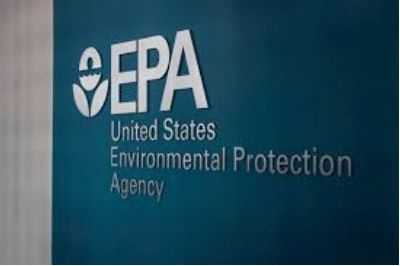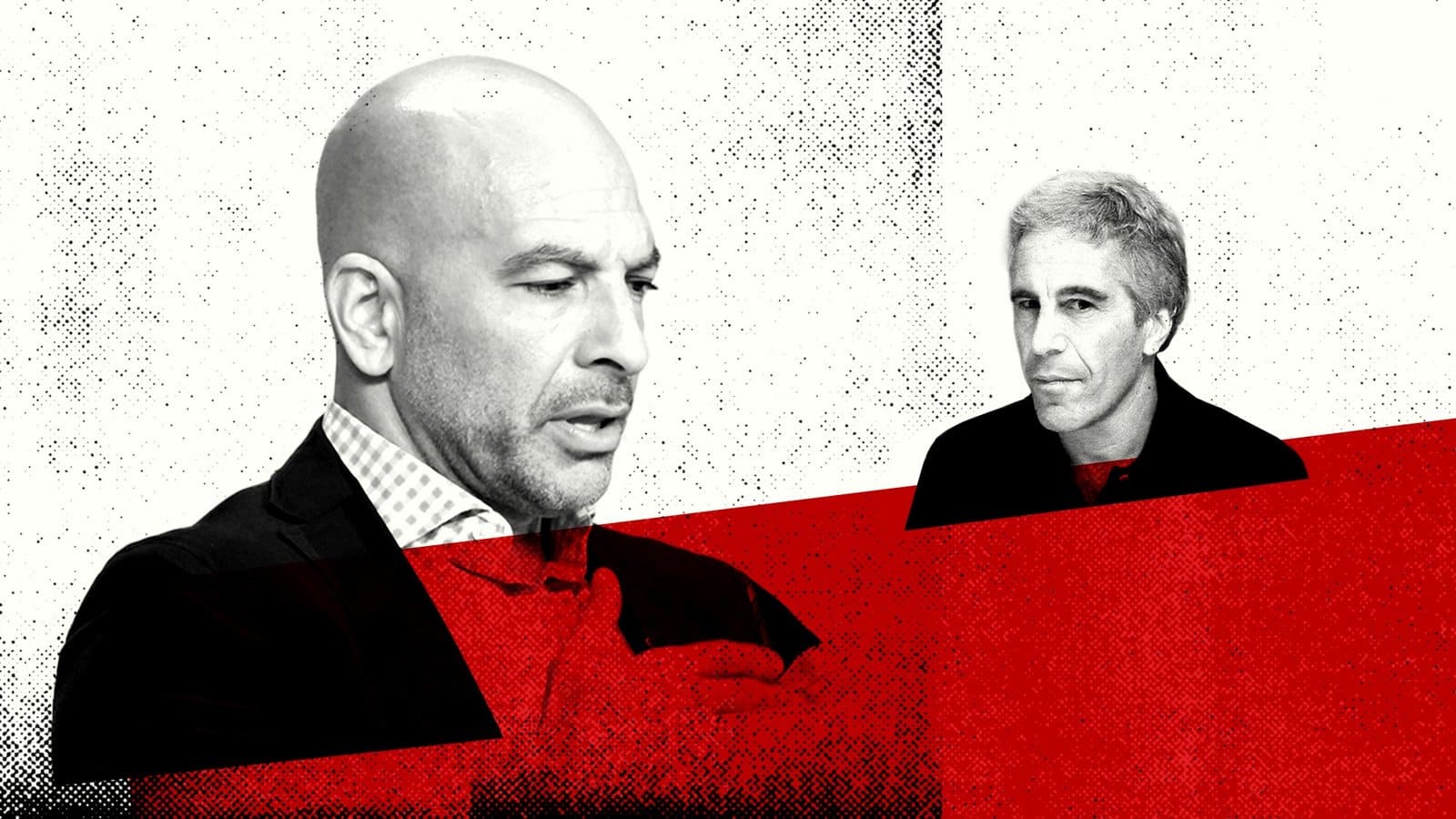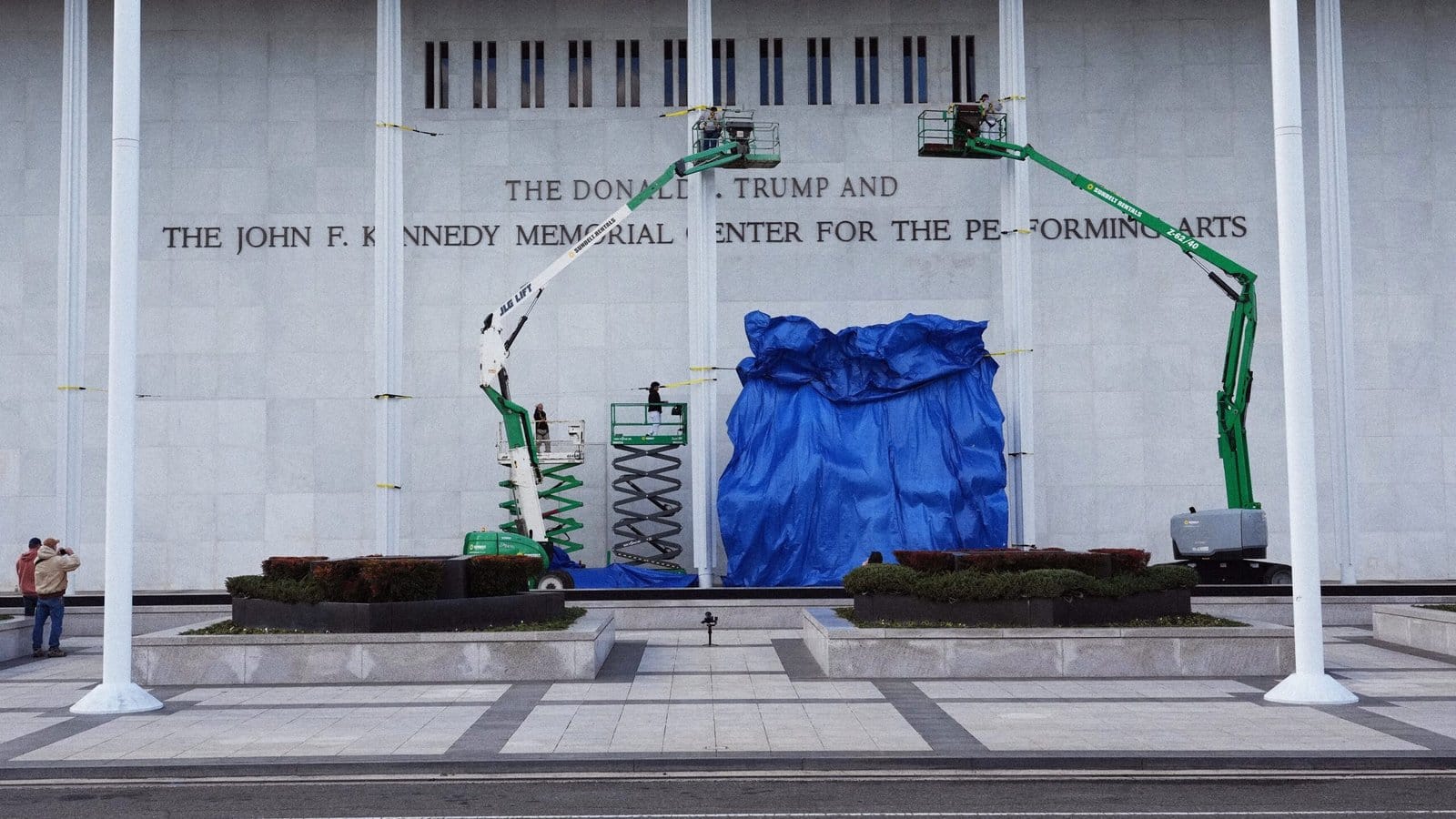
Cliff Williams
Speculation about a presidential pardon for Ghislaine Maxwell, the convicted accomplice of Jeffrey Epstein, continues to circulate. You can find several articles on stubstack why that could happen, but this is something that would be a nightmare for anyone connected.
Maxwell, serving a 20-year federal prison sentence for sex trafficking minors, remains a figure tied to a network of powerful individuals. While some theories suggest a pardon could be a bargaining chip for information, its legal implications are complex.
A presidential pardon applies only to federal crimes and “does not erase the guilt of the offender,” according to constitutional scholars. It removes the pardoned individual’s Fifth Amendment protection against self-incrimination for those specific federal offenses.
“She answered every single question asked of her over the last day and a half,” Maxwell’s attorney, David Oscar Markus, told reporters recently after his client met with Justice Department officials, showing her willingness to speak.
A presidential pardon holds no sway over state prosecutions. Individual states maintain their own prosecutorial powers, and if sufficient evidence existed, they could pursue their own cases against Maxwell, independent of any federal pardon.
The prospect of Congress compelling a pardoned Maxwell to testify also presents a nuanced legal landscape. On top of a Presidential pardon, Congress could grant “use and derivative use” immunity to compel testimony. That immunity would extend to state courts. This means that they could not use her specific testimony or any evidence directly derived from it against Maxwell in subsequent related criminal prosecutions, whether federal or state. State prosecutors would bear the “very high bar” of proving any evidence they intend to use was obtained from a source “wholly independent of the compelled testimony,” as noted by legal scholars.
However, “use and derivative use” immunity does not protect against perjury. If Maxwell lied under oath during congressional testimony, the authorities could prosecute her for that new crime, and they might use her immunized statements as evidence of the lie. It also rarely shields individuals from civil lawsuits. Victims can use information revealed in a congressional hearing in civil actions seeking damages, as the Fifth Amendment’s protections apply only to criminal cases.
Why is that important? Perhaps this is the issue that would scare anyone connected. A person cannot plead the Fifth Amendment in state court for charges that parallel their federally pardoned crimes if the only remaining jeopardy is for those same facts in the state. That is one way for the information to get out. New York had already started investigating and could have enough independent evidence to bring a trial.
A presidential pardon or “use and derivative use” immunity would not affect any potential civil suits. With the large number of victims who could file such suits against not just Maxwell but all the alleged abusers, this could be monumental.
While President Donald Trump has publicly acknowledged his pardon power, stating, “I’m allowed to do it, but it’s something I have not thought about (which can’t be true),” he has not explicitly committed to pardoning Maxwell. His administration recently engaged with her, with Deputy Attorney General Todd Blanche meeting Maxwell in prison. Markus confirmed Maxwell “answered those questions honestly, truthfully and to the best of her ability” about “100 different people.”
Despite these interactions, the legal and political realities weigh against a pardon. The public backlash for pardoning a convicted sex trafficker would be immense, and from a legal standpoint, a pardon would likely force any information Maxwell possesses into the public sphere rather than keeping it secret. The interplay of federal and state legal authorities, coupled with the limitations of presidential pardons and congressional immunity, suggests that a Maxwell pardon would neither guarantee her silence nor insulate her from further legal jeopardy. If anything, it puts many people in jeopardy. A lot of very powerful people.






